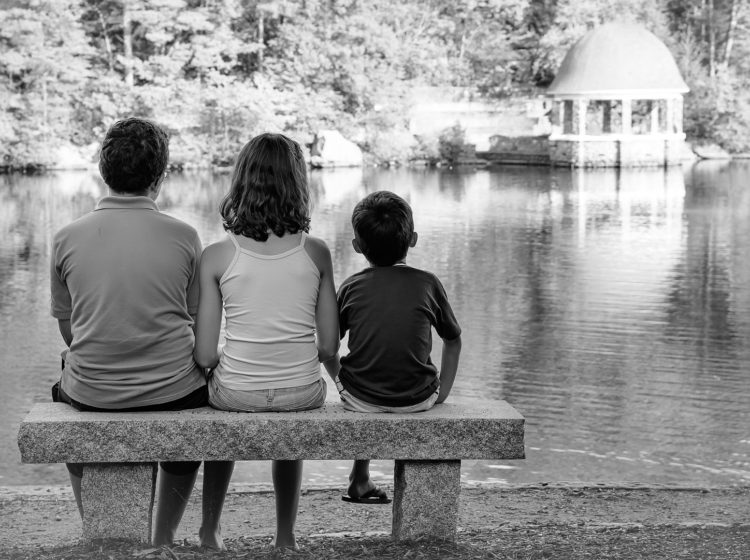I, like most people in Italy, have been shaken to my core by a recent news item, the femicide of Giulia Cecchettin.
A 22 years old woman who was brutally killed by her ex boyfriend, who could not stand the fact that she had left him. Giulia is the 103rd woman to be killed in Italy in 2023. Data are similar in the UK. And even if a woman gets killed every other day, this particular femicide has awaken a country’s consciousness, mine included. Especially because part of my transformative journey has been focused on overcoming the fear based reality I have lived into as a woman, for many years.
I feel responsible, as a person and as a therapist, to be talking about gender-based violence now. I feel that I am called to it, so let’s do it.
According to the European Commission, gender-based violence is violence directed against a person because of that person’s gender or violence that affects persons of a particular gender disproportionately. The perpetrators are predominantly men, and the victims are usually women. But bare in mind that women can also be perpetrators against other women; it often happens, actually, and that’s because, as therapist Stefania Andreoli suggests, the perpetrator is a chauvinist – and women can be chauvinists, too.
Almost every single woman I have met, personally or professionally, has been victim of gender-based violence, whether it’s psychological abuse, physical abuse, sexual abuse, financial abuse, or emotional abuse, stalking, mobbing, witnessed violence or coercion to prostitution (yes, I have seen that too!). Are you aware of the extension of this phenomenon? I wasn’t, really, before starting my clinical work and talking to so many women. When a session starts with “I’ve never shared this with anyone before…”, I know where this is going. Even if so many women open up in the safe space of the therapy room, I believe that gender-based violence remains a taboo in our culture, it’s still a very difficult subject to raise. I think that’s because the patriarchal society that we live into denies it, and we are all responsible for it. We still don’t want to hear it, we minimise it, we justify chauvinist people and their behaviour. And when I say “we” I refer to men AND women. I am not blaming men, and I urge each and everyone of us, men AND women, to be accountable for every sexist comment we made, or heard and didn’t intervene, or that we laughed at. Our culture is soaked with sexism and we don’t even realise it. A few days ago I was having lunch with a couple of friends and their son. The husband said to me: “Francesca, this morning I babysat my son whilst my wife was having coffee with a friend”. I initially laughed but I felt something was wrong, it just wasn’t funny; and I commented saying “where you not being a father?”. He said that he was just joking but how many more jokes can we bear?
Another example, some time ago I was having dinner with some friends, six in totals, and one of them, a lawyer, commented on a woman who accused a famous football player of rape: “so much time has passed, she must be lying, I’m sure that she just wants the money”. Boy, I still remember my flare up… And I got even more flared up when, after I tried to explain that it’s very common to report a rape and press charges years later, because of the trauma, no one at the table was interested in the conversation; I felt as if I was spoiling the evening and making everyone uncomfortable. But how many more comments like that can we bear? Me, I am fed up. This kind of chauvinist jokes and comments mirror the patriarchal mindset that we have absorbed since when we were born and it’s now time to intentionally change that. It’s time to change our language and to raise our voices, to be feisty and challenge such comments or jokes, to state that they are not ok. It’s time to tell our friends that we see sign of gender-based violence in their couple, or in our friendship with them or anywhere we see them. It’s time to provide a safety net for women to express themselves freely about their experiences, with no judgement. It’s time to protect our children from unwanted display of affection. It’s time to teach them to say no. It’s time to help them recognise and process their emotions, especially boys, in a way: they have to be so macho that they cannot cry, or show any weaknesses. Are we so surprised if then they react in a “macho way” to abandonment and kill the woman who left them? It’s time to recognise that the patriarchal society does not only damages women, but men too.
Every time there’s a brutal homicide people ask: was that a killing spree? No, killing sprees don’t exist. There’s always a build up that leads to the homicide: it’s a combination of multiple variables that include many factors, such as temperament, parenting, education, the role of the community, important figures in people’s life, society and culture. As parents, teachers, partners, friends, members of the community, siblings, therapists, mentors and so on and so forth… as human beings, really, we can make a change. We need to lucidly understand what role we have played so far with regard to gender-based violence and patriarchy, and adjust it to this awaken consciousness. It’s a process, it won’t happen overnight, but we can start it now. Remembering that “now” is the only moment that exists and there’s no better time to act. As Mahatma Gandhi said, “Be the change that you wish to see in the world.”
If you are interested in this subject and you would like me to talk more about it, or if you have any questions, anything you feel you may want to know, please don’t hesitate to contact me.
I leave you with a beautiful and meaningful song that is about transformation. It’s River by Ibeyi.






